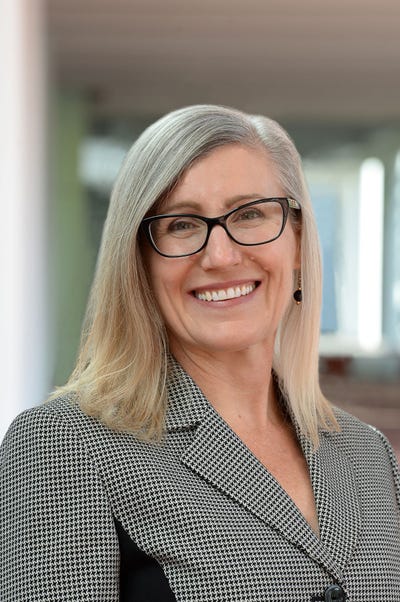Adulterated Supplements Draw Times' Attention
While I generally look forward to sitting down on Sunday morning, relaxing with my breakfast and The New York Times, yesterday morning was not quite as relaxing. Yes, the front cover of the Sunday Business section—above the fold—was the article “Here’s to Your Health, So They Claim.” The tagline, “Ingredients of Shady Origins, Posing as Supplements,” actually served as the online headline (click here to view the full story).
Now, it’s not that all of us within the nutraceutical and dietary supplement community aren’t aware of the issue of adulterated dietary supplements, often imported products containing black market pharmaceuticals. And The New York Times article was fairly balanced, even noting toward the start of the article, that “marketing drugs in the guise of supplements is illegal in the United States.” It is just a fairly public display of the underbelly of the industry; Steve Mister, president of the Council for Responsible Nutrition (CRN), was quoted in the Times article as noting the industry walks a fine line between protecting consumers and not raising such alarms that they’re afraid to try any supplement.
A good portion of this article actually looked at customs and border patrol efforts at Kennedy Airport—including a new device that can “sniff out” pharmaceuticals in otherwise innocuous looking pills. The article also gave insights on the 2009 investigation of a Chinese producer and exporter, who ultimately was convicted in a U.S. District Court of trafficking counterfeit goods and sent to prison.
The question for legitimate industry is how best to support FDA’s efforts to stop the import and distribution of these illegal products. Michael Levy, acting director of FDA’s office of drug security, told the Times that the agency doesn’t have the resources it needs, but also is hampered by the fact that supplements don’t have to have premarket approval. Mister argued instead FDA needs to carry out more seizures of spiked products rather than issue warning letters and hoping companies comply with the law.
This is a serious issue, and could further erode consumer confidence in supplements. I tend to agree with Dan Fabricant, Ph.D., the new head of supplements at FDA, who was quoted in this article that the availability of these tainted “supplements” is possibly the biggest issue facing the industry. What about you?
About the Author
You May Also Like

